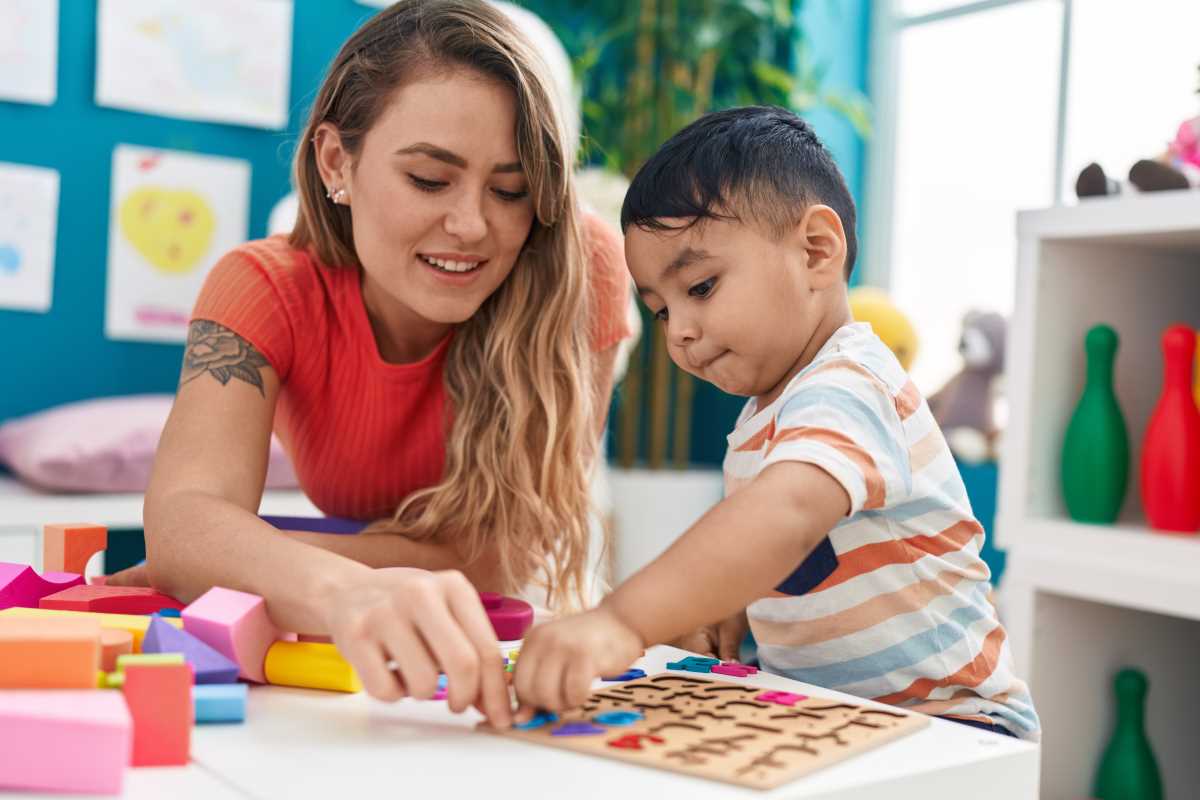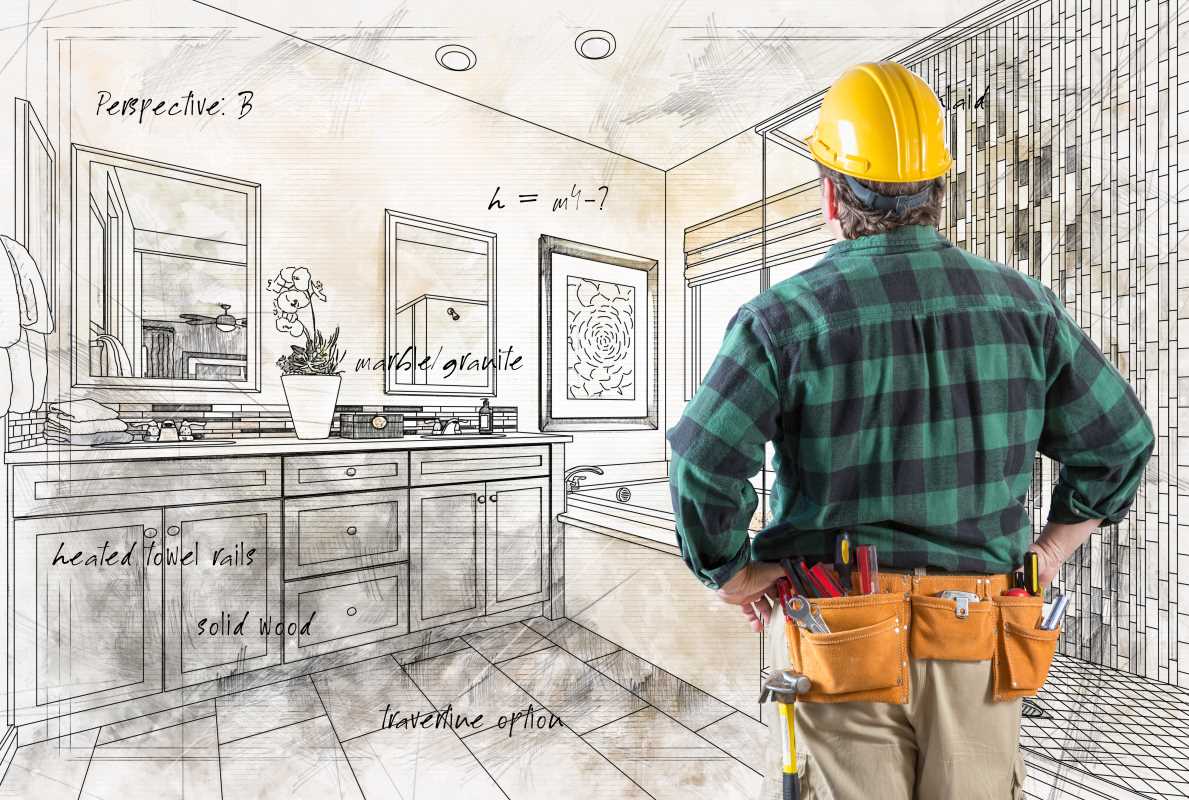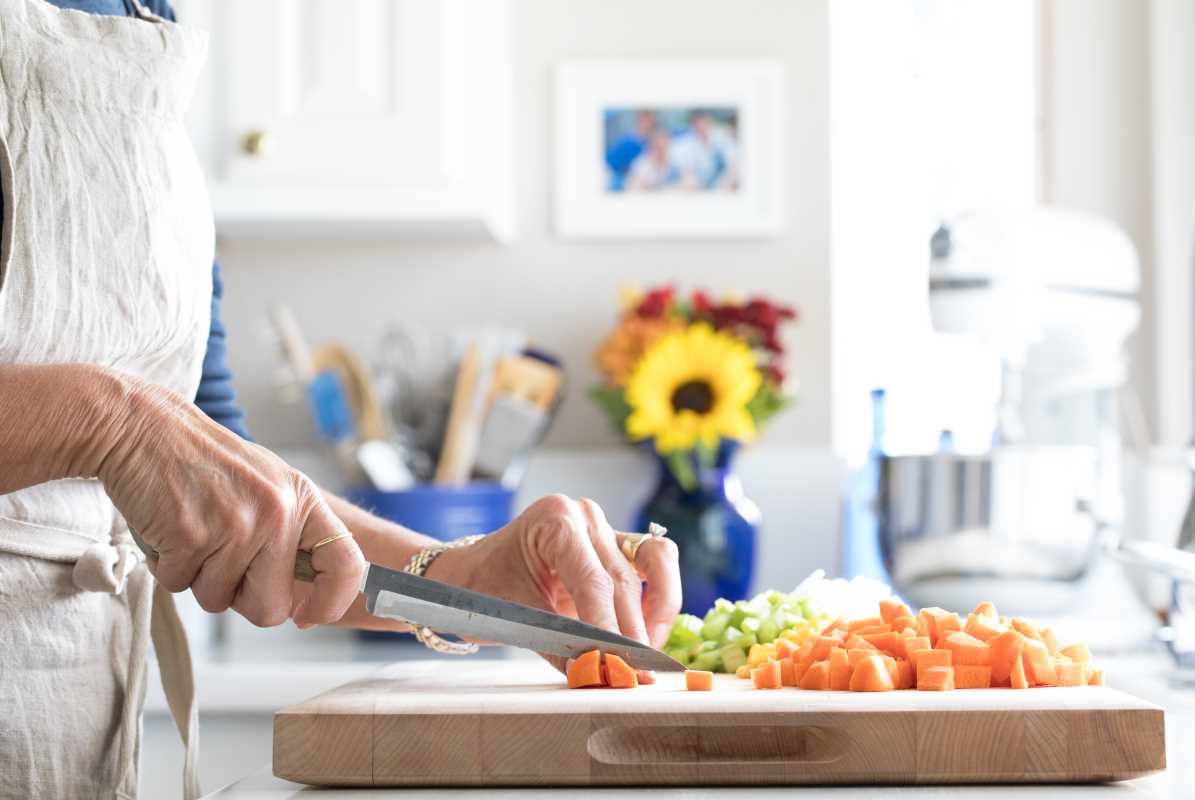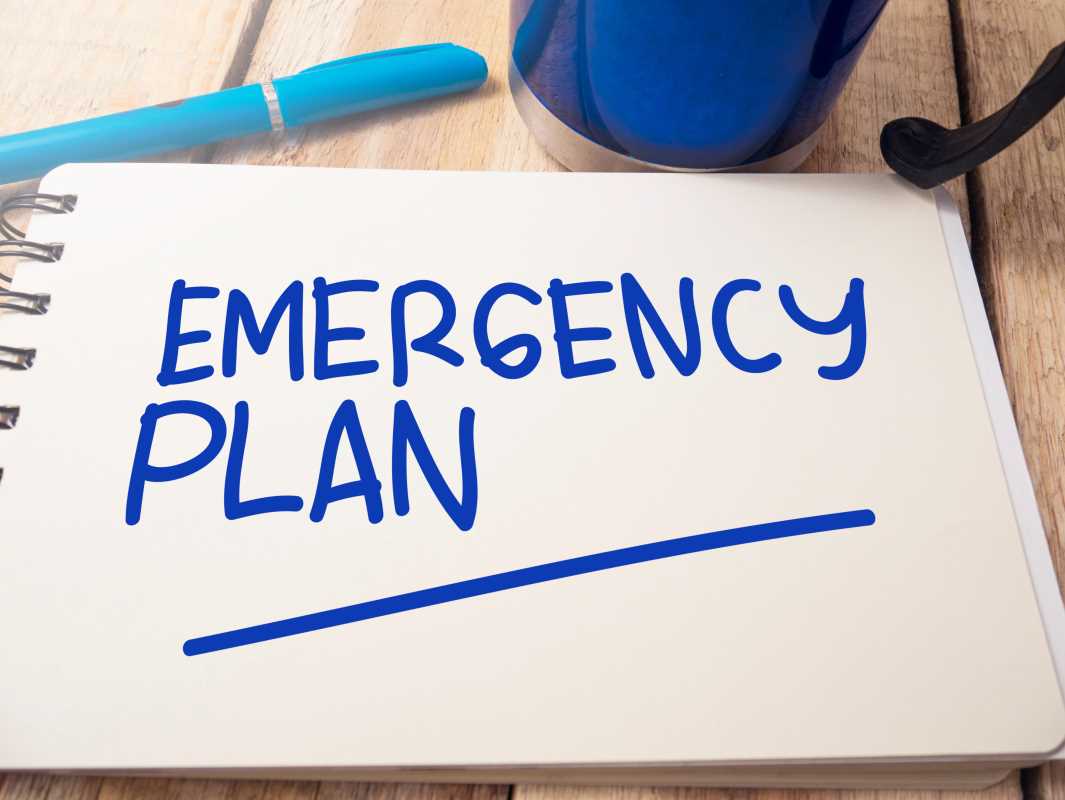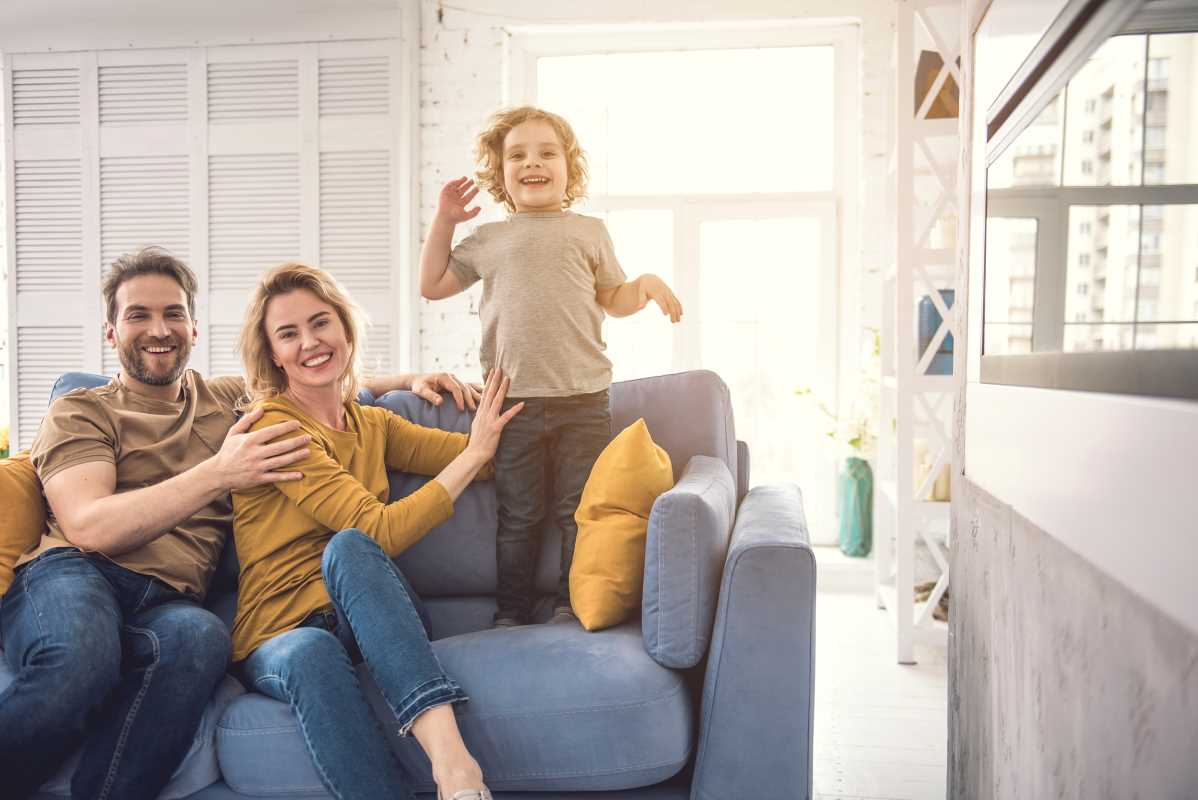Decluttering a home can feel overwhelming, especially when it involves elderly family members who may have years of memories attached to their belongings. However, creating a simpler, more organized living space offers numerous benefits. It makes the home safer, more comfortable, and easier to manage, while also reducing stress for both seniors and their caregivers. The key to a successful decluttering process is approaching it with patience, understanding, and a plan that respects their needs and feelings.
This guide will provide practical, stress-free ideas to help you declutter a home with elderly residents while ensuring the environment remains safe, functional, and sentimental.
Start With Empathy and Communication
Decluttering can be an emotional process, especially for elderly individuals who may associate certain belongings with important memories. Start by discussing the process in a way that shows respect for their feelings.
Tips for Positive Communication:
- Explain the benefits: Highlight how a clutter-free home can improve safety and make daily tasks easier. For example, clearer pathways can reduce the risk of falls.
- Be patient: Allow time to talk through decisions about sentimental items. Snap decisions can feel rushed and stressful.
- Get their input: Always involve the elderly resident in the decision-making process. Frame the process as teamwork, rather than a task you’re taking over.
- Focus on the goal: Remind them that the goal isn’t to get rid of what matters but to create a more comfortable, accessible living space.
Starting with understanding and cooperation sets a positive tone for the rest of the process.
Tackle One Area at a Time
Decluttering the entire home at once can be overwhelming. Instead, focus on one room or area at a time to make steady, manageable progress.
Suggested Order of Areas to Declutter:
- Living Room: Start with common areas seniors use every day to enhance immediate comfort and safety.
- Bedroom: Make sure pathways are clear, and keep essential items within easy reach.
- Bathroom: Declutter surfaces and cabinets, remove expired products, and add safety features if needed.
- Kitchen: Organize frequently used utensils and clear out unused gadgets or expired food.
- Storage Areas: Work through garages, basements, or attics last, as these often contain items that aren’t needed regularly but may carry sentimental value.
Approaching the process in small, focused steps helps reduce the stress associated with major changes.
Focus on Safety First
For elderly residents, decluttering should prioritize safety. Eliminating tripping hazards and organizing essential items can significantly reduce the risk of accidents.
Safety-Focused Decluttering Tips:
- Clear walkways: Remove obstacles like loose rugs, cords, or piles of magazines to make it easier to move around.
- Store essentials at waist level: Items like medication, toiletries, or kitchen tools should be stored where they’re easy to access without bending or reaching up high.
- Secure furniture: Ensure chairs, tables, and cabinets are stable and won’t tip over if leaned on.
- Use non-slip mats: Replace worn-out rugs with non-slip mats to improve footing.
A safer home boosts mobility and independence, giving elderly residents more confidence in their daily routines.
Respect Sentimental Belongings
Many elderly residents feel strong emotional connections to certain items, which is why it’s important to approach sentimental belongings thoughtfully.
How to Handle Sentimental Items:
- Set limits: Designate a special display area for cherished items like photos, keepsakes, or decorations. This way, they remain accessible without taking over an entire room.
- Create memory boxes: For items that are meaningful but not used daily, store them in labeled boxes. These can be revisited when desired without adding clutter.
- Digitize memories: Consider scanning old photos, letters, or documents to preserve the memories while saving space.
- Frame the conversation positively: For example, when discussing decluttering, say, “What are your favorite items that you want to keep close?” instead of framing it as “What can we get rid of?”
By showing sensitivity, you can help elderly family members focus on choosing items that truly bring them joy.
Organize for Everyday Convenience
Efficiency in organizing the home can make a big difference in daily comfort and ease for elderly residents, especially those with mobility limitations.
Organizational Strategies:
- Use labeled storage bins: They keep items sorted and easy to locate without rummaging through drawers or closets.
- Add open shelving: Open shelves in kitchens or living rooms make it easy to see and access frequently used items.
- Group similar items together: Store everyday essentials like medicines, glasses, or remotes in one easily accessible location.
- Install hooks or racks: Hooks for bags, coats, or keys near entryways help reduce clutter and keep things handy.
Streamlining organization doesn’t just reduce clutter; it can also make the home more functional and practical for everyone involved.
Donate or Repurpose Unused Items
Decluttering doesn’t mean throwing everything away. Items that are no longer needed can often find a new life through donation, repurposing, or gifting.
What to Do With Decluttered Items:
- Donate gently used items: Clothes, books, and household goods in good condition can be donated to local charities, giving them a second life while helping others.
- Repurpose where possible: Old furniture can be refurbished, or used linens can be turned into cleaning rags.
- Pass items down: Instead of discarding family heirlooms, consider passing them along to children or grandchildren who will appreciate them.
- Recycle responsibly: For broken items like electronics or appliances, check local recycling programs to dispose of them safely.
Framing the process as giving items a new purpose can make letting go feel more positive and less final.
Create a Maintenance Plan
Decluttering is not a one-time event. Establishing a simple system to maintain organization prevents clutter from building up again.
Tips for Maintaining a Decluttered Home:
- Adopt a “one in, one out” rule: For every new item brought into the home, discard or donate an old item to prevent accumulation.
- Do regular check-ins: Set aside time every few months to sort through items and see if anything is no longer needed.
- Keep donation bins handy: Designate a bin or bag for items to donate so they don’t end up cluttering a corner of the home.
- Encourage small daily habits: Teach elderly residents to return items to their proper place after use, simplifying the cleaning process for both of you.
Building routines helps ensure the home remains clutter-free in the long run.
Enlist Support When Needed
Decluttering a home for an elderly resident can be a time-consuming process, so don’t hesitate to ask for help if you need it.
Sources of Help:
- Family members: Invite other relatives to participate in decluttering sessions, especially those who might appreciate receiving passed-down items.
- Professional organizers: If the task feels overwhelming, a professional organizer can provide guidance tailored to your family’s needs.
- Community groups: Some local charities or organizations offer services to help seniors with home organization and decluttering.
Having support can make the process faster, more enjoyable, and less stressful for everyone involved.
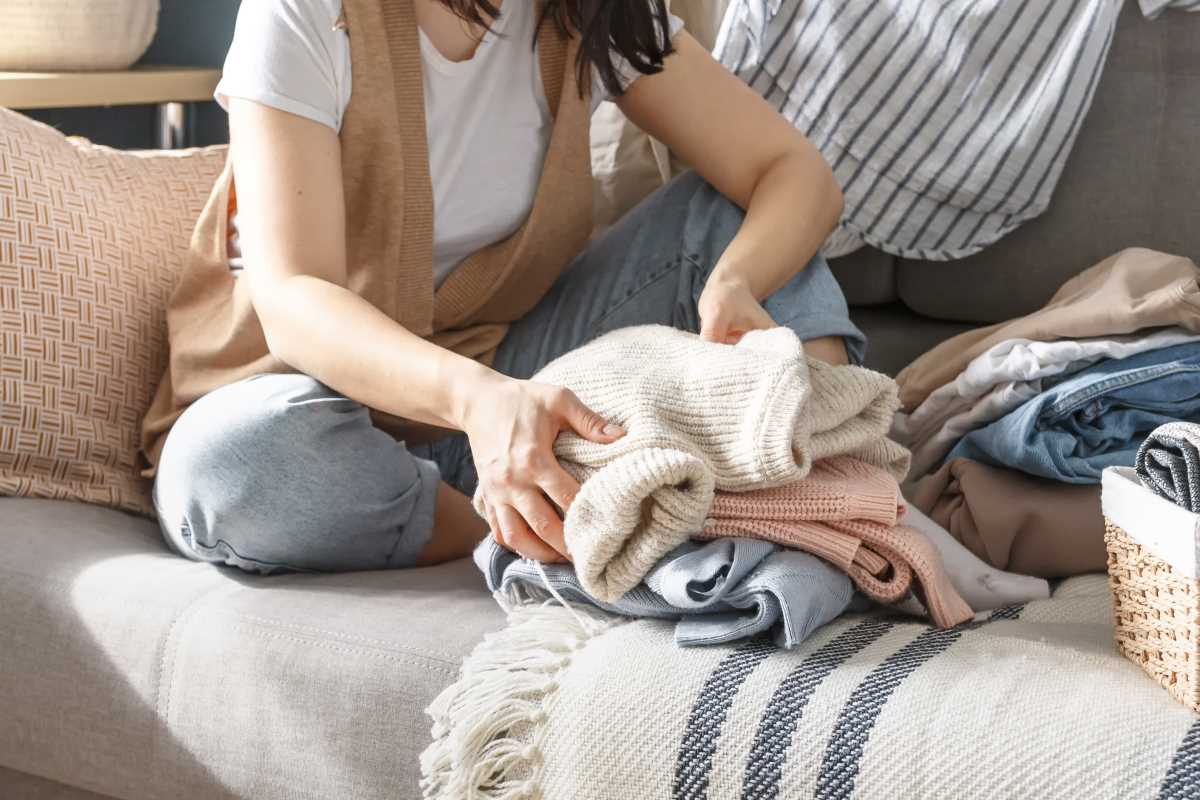 (Image via
(Image via
